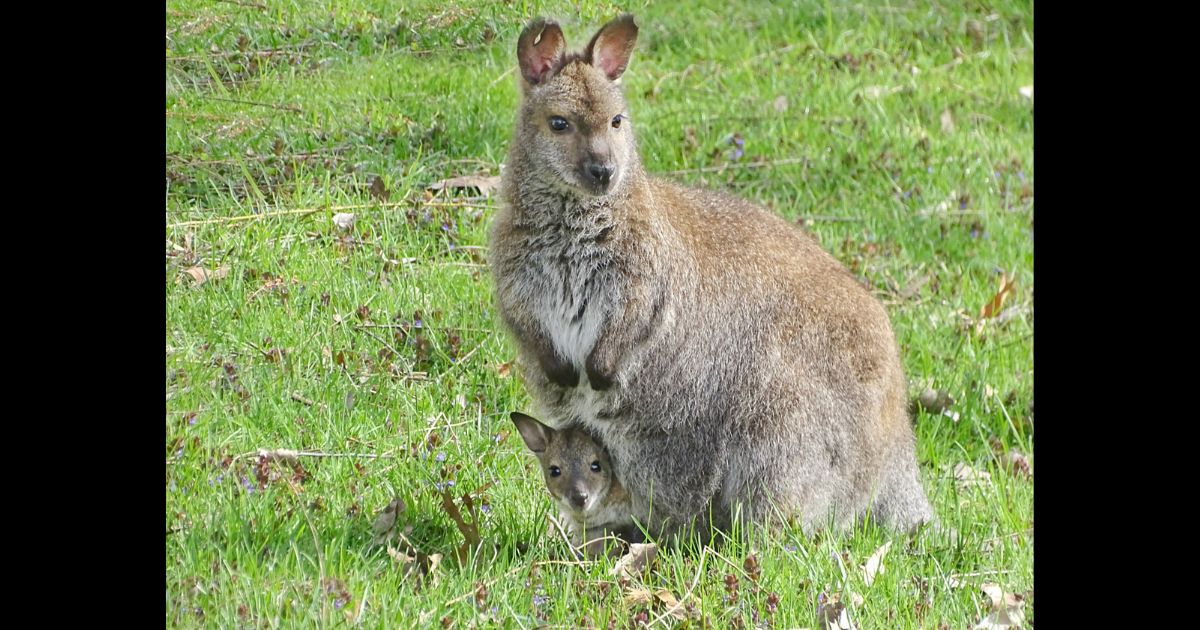On Friday, the Detroit Zoo was happy to share some adorable news with its followers on Facebook.
“There’s a new bundle of joy at the Detroit Zoo!” the post began. “We’re so excited to share that 4-year-old red-necked wallaby Sprocket has given birth to her first joey.
“The little one, estimated to be between 5 and 6 months old, is just starting to leave mom’s pouch for seconds at a time! Wallaby joeys can stay in their mothers’ pouches up to eight months after gestation.
[firefly_embed]
[/firefly_embed]
“The animal care team is happy to report the new joey is healthy and well cared for. In the coming weeks and months, they’ll be able to find out if this new addition is a boy or a girl. Any name suggestions?”
But before there was time to select a name, find out the gender or really do much of anything, the zoo posted a heartbreaking update: The baby had gone missing.
[firefly_embed]
[/firefly_embed]
“We are heartbroken to update you that the 5-month-old wallaby joey whose story we shared on Friday is missing,” its post on Sunday read.
“The joey was last seen by animal care staff around 5 p.m. Saturday and was discovered missing from the Australian Outback Adventure habitat early this morning.
“Immediately, animal care staff began searching for the little one. Zoo staff is carefully examining the habitat and areas around it while also reviewing trail cameras and surveillance cameras all over the Zoo.”
The zoo also shared that at this age, joeys are just gaining some independence and exploring, but they cannot survive for long on their own.
[firefly_embed]
[/firefly_embed]
The post continued to say that the staff was reviewing every possible scenario and holding out hope, but as the days passed with no sign of the little wallaby, they have started to entertain the possibility that it was taken out by a predator.
“We love to see new animals at the zoo, especially babies,” Andrew McFerrin, who works with the marsupials, told The Detroit News. “Because we don’t know what happened to this joey and because it was so sudden, it’s just very shocking for all of us. We’re definitely very sad about it.”
[firefly_embed]
[/firefly_embed]
“We don’t know what to think at this point,” said Scott Carter, the zoo’s chief life sciences officer. “We’ve never had an animal disappear like this.
“There are native predators that live here, like owls and hawks. And we can’t overlook the possibility that an owl or a hawk took the joey. It may be that is the case and we’ll never find the joey.”
This article appeared originally on The Western Journal.

























 Continue with Google
Continue with Google